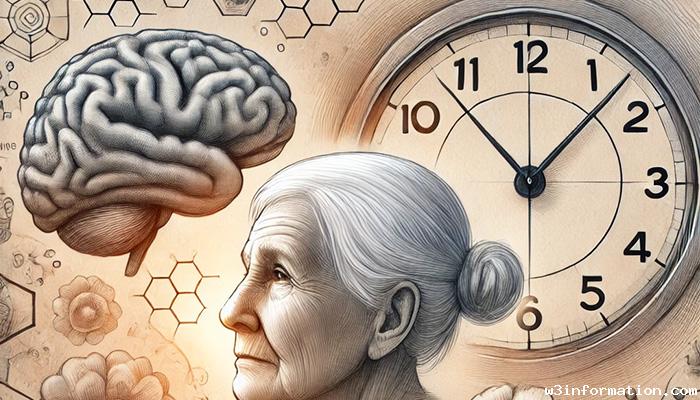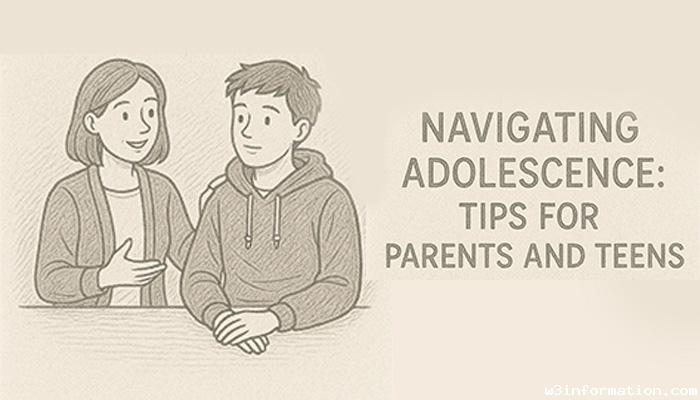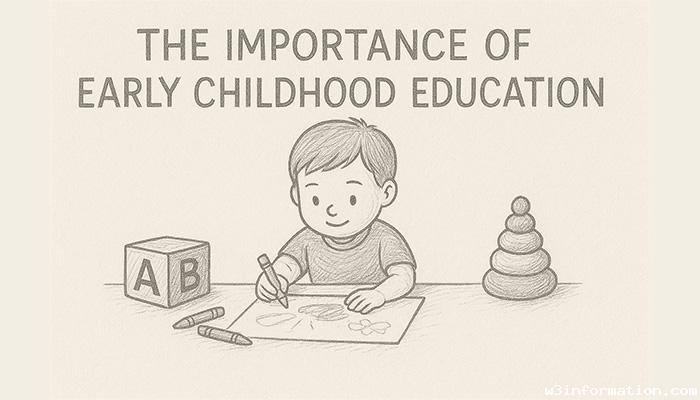The Psychology of Aging: Cognitive Changes in Later Life
Life naturally progresses to old age which presents both challenges and opportunities. The later years of life are significantly shaped by cognitive transformations. This blog delves into the psychology of aging by examining the mental transformations that take place with age and discussing ways to support mental health.
Understanding Aging and Cognition
Defining Cognitive Aging
Cognitive aging describes the natural progression of mental abilities like memory and attention along with problem-solving and decision-making throughout the aging process. Not all changes brought on by aging remain unchangeable because lifestyle adjustments and targeted interventions can lessen some of them.
Factors Influencing Cognitive Aging
Cognitive transformations during later life are affected by genetics along with lifestyle habits, health status, and social engagement patterns. These factors offer valuable insight into cognitive health maintenance strategies.

Key Cognitive Changes in Later Life
Memory - Short-Term Memory
As people get older their short-term memory capacity declines which results in a harder time holding new information for brief periods.
Long-Term Memory
The procedural memory remains stable but episodic and declarative memories start to lose their strength.
Attention and Processing Speed
The aging process leads to slower information processing and diminished capability to handle multiple simultaneous tasks. Selective attention also becomes more challenging.
Executive Function
The prefrontal cortex undergoes changes that cause skills like planning and problem-solving as well as multitasking abilities to deteriorate. Despite cognitive changes with age older adults use their accumulated experience and wisdom to make up for other deficits.
Language Skills
The ability to maintain and understand vocabulary shows stability or improvement while older adults may experience a reduction in word retrieval speed and speech fluency.
Psychological Theories of Cognitive Aging
Fluid and Crystallized Intelligence
Raymond Cattell's theory suggests that fluid intelligence which involves problem-solving and reasoning ability lessens as we age while crystallized intelligence representing accumulated knowledge grows stronger.
Socioemotional Selectivity Theory
The theory suggests that older adults focus on emotionally significant objectives and relationships which affects how their cognitive processes function and how they remember information.
Cognitive Reserve Hypothesis
Education along with occupational activities and social interactions build mental resilience that helps postpone cognitive decline according to the cognitive reserve hypothesis.
Promoting Cognitive Health in Later Life
Physical Activity
Through consistent physical activity people achieve enhanced cerebral circulation while fostering new brain cell development and diminishing their risk of cognitive deterioration.
Mental Stimulation
Activities including puzzles, reading and learning new skills help to maintain cognitive vitality by fostering neuroplasticity.
Social Engagement
Maintaining relationships while engaging in social activities helps to sustain both emotional and cognitive health.
Nutrition
Nutrition that combines antioxidants with omega-3 fatty acids and essential nutrients helps maintain optimal brain health.
Stress Management
The practice of mindfulness along with meditation and relaxation exercises decreases stress levels that otherwise impair cognitive abilities.
Cognitive Disorders in Aging
Mild Cognitive Impairment (MCI)
The stage of Mild Cognitive Impairment acts as an intermediary phase between healthy aging and serious cognitive conditions. Early detection and intervention are crucial.
Dementia
Dementia consists of various conditions such as Alzheimer’s disease which manifest through substantial cognitive and functional deterioration.
Prevention and Management
Managing cognitive disorders requires implementing early lifestyle changes alongside medical interventions and caregiving strategies.
Research Insights and Future Directions
Advances in Neuroscience
Current scientific findings show how neuroplasticity together with brain imaging techniques helps researchers understand the aging process of the human brain.
Role of Technology
Digital technologies alongside assistive devices present new opportunities for cognitive training and support systems.
Ongoing Studies
Longitudinal studies provide valuable insights into how genetics interacts with environment and lifestyle factors during cognitive aging.
Conclusion
The multifaceted nature of cognitive changes during aging allows individuals to manage and reduce these changes through active interventions. When older adults adopt healthy practices together with mental stimulation and social engagement they preserve their cognitive function while experiencing rewarding lives. Knowledge of aging psychology enables both older adults and their caregivers to approach later life challenges with strength and hope.
 Top 10 Comfort Foods to Try This Winter
Top 10 Comfort Foods to Try This Winter
 Top 10 Christmas Destinations Around the World
Top 10 Christmas Destinations Around the World
 Navigating Adolescence: Tips for Parents and Teens
Navigating Adolescence: Tips for Parents and Teens
 How to Start a DIY Craft Project on a Budget
How to Start a DIY Craft Project on a Budget
 How to Build Strong Family Bonds in the Digital Age
How to Build Strong Family Bonds in the Digital Age
 The Importance of Early Childhood Education
The Importance of Early Childhood Education